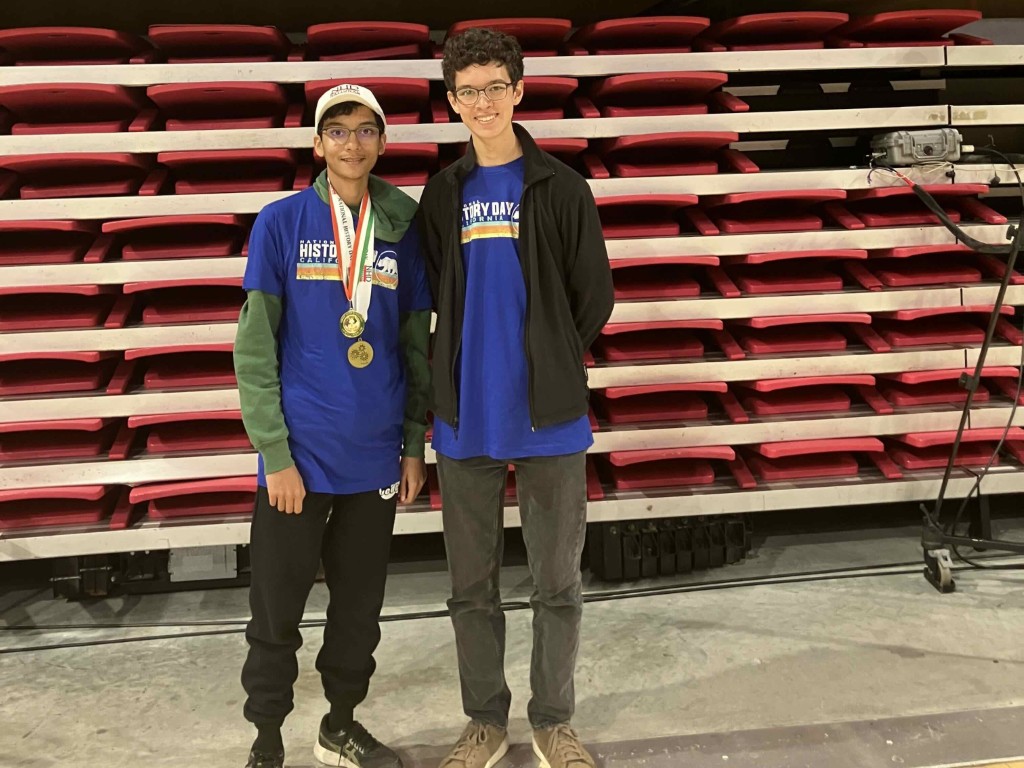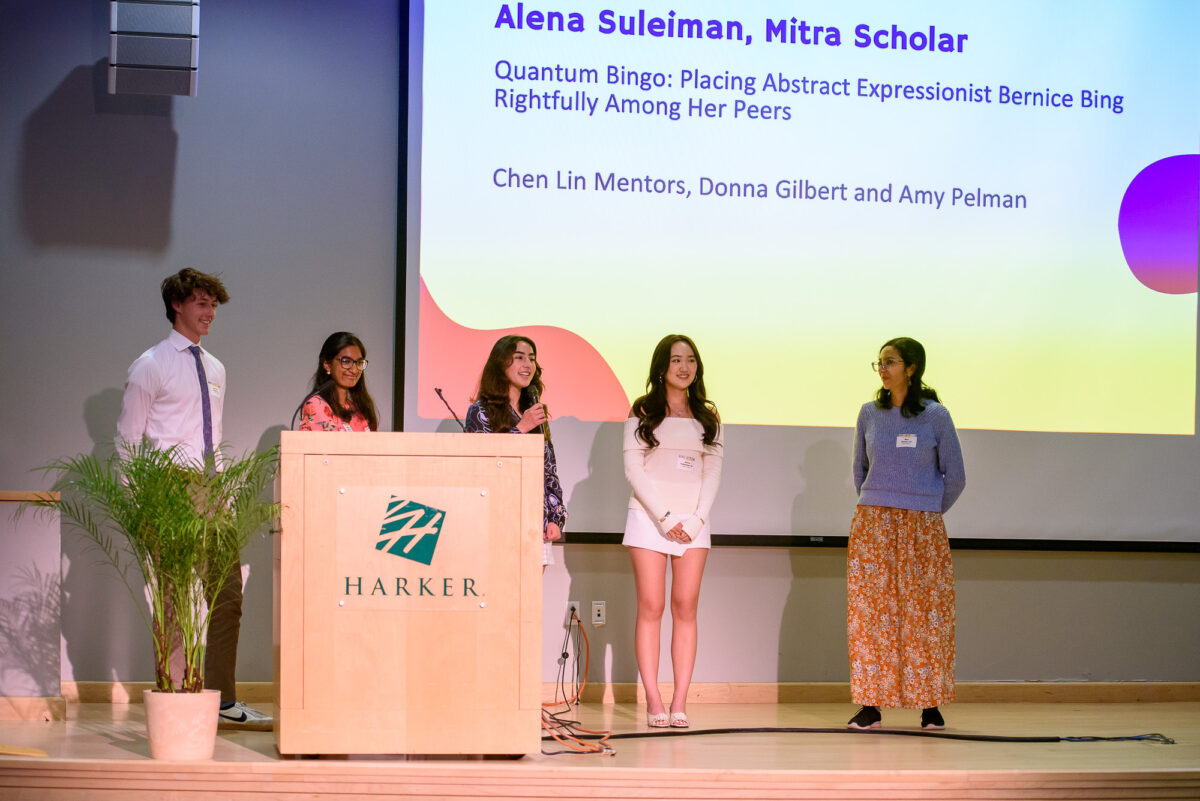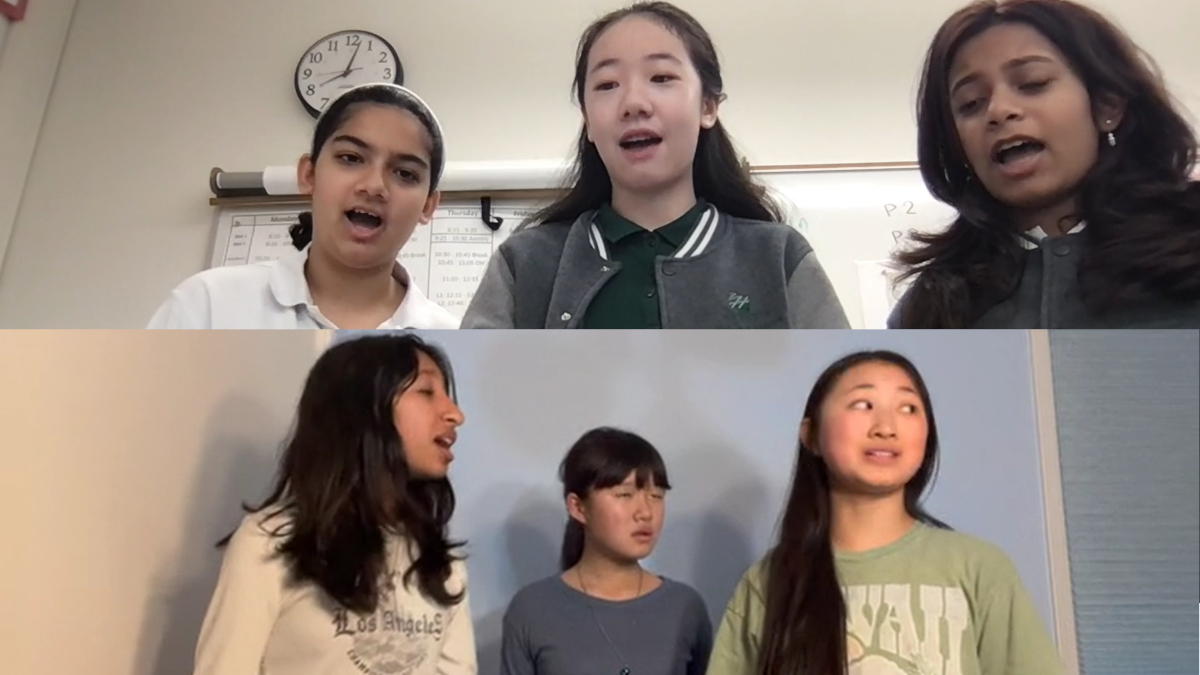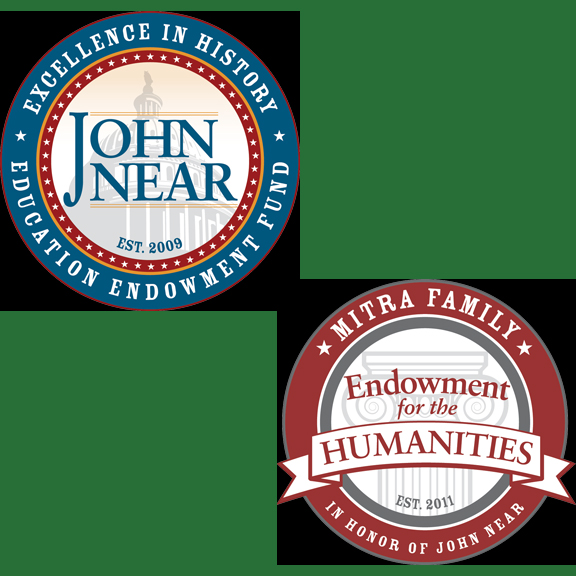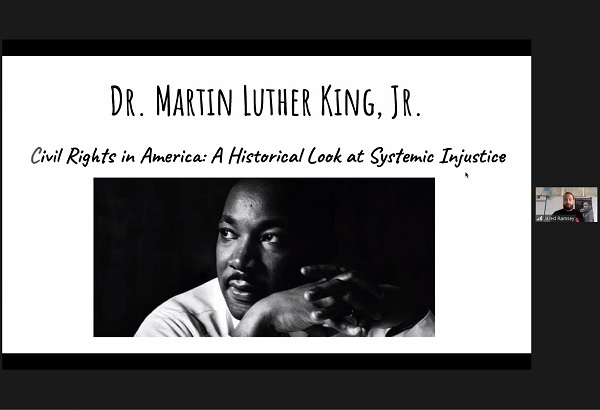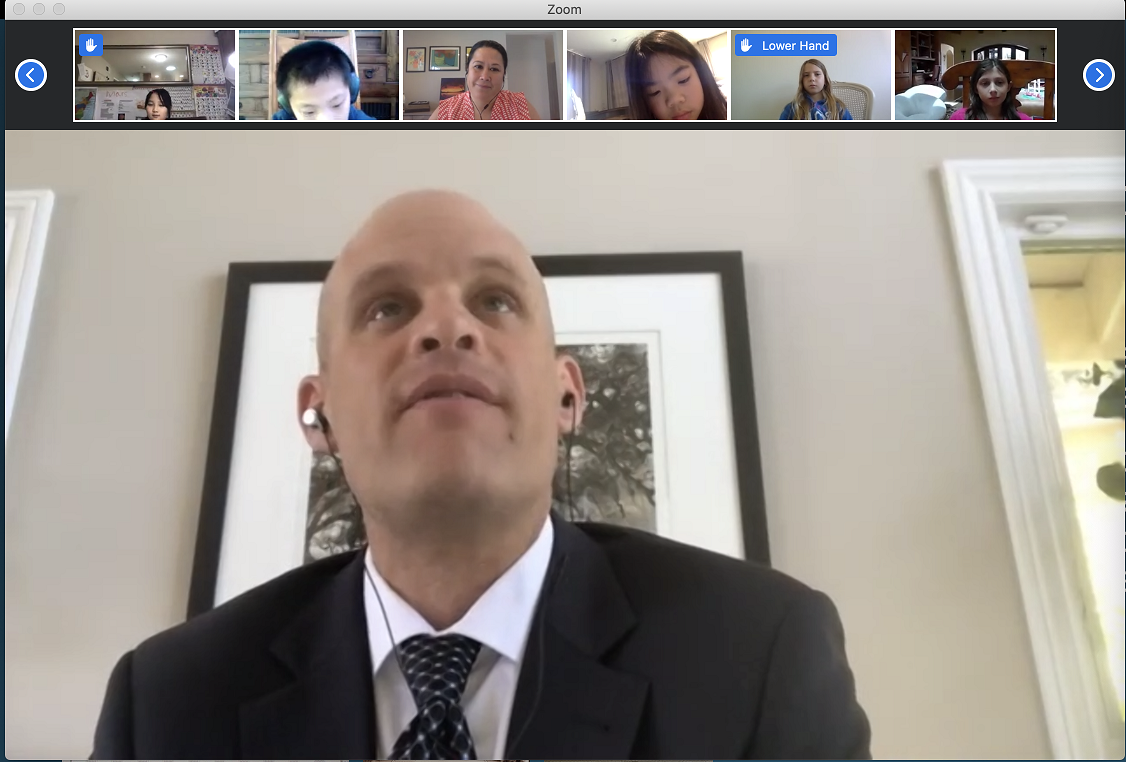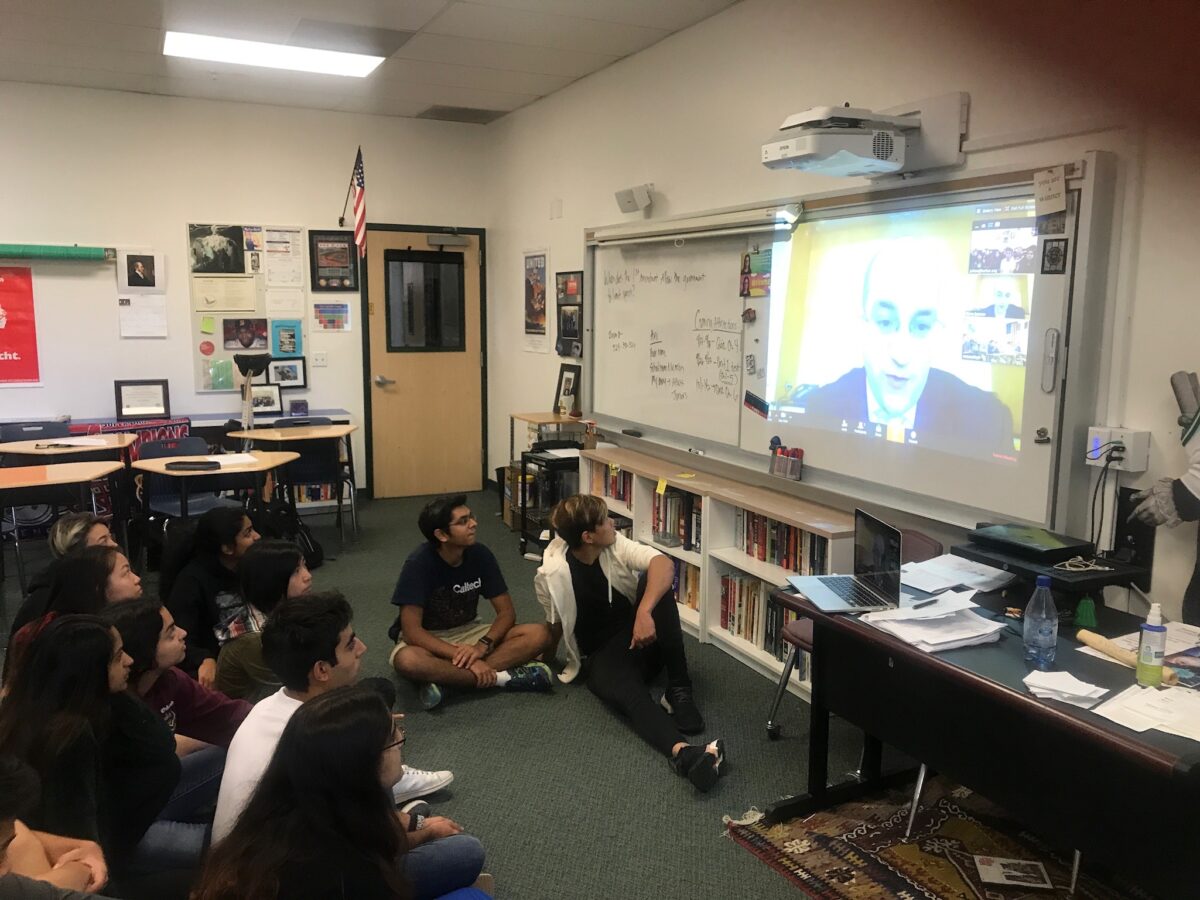Two current Harker students and a recent graduate were recently chosen to showcase their work at last week’s National History Day National Contest in College Park, Md.
history
2023-24 Near-Mitra scholars celebrated at special event and reception
On April 23, this year’s student scholars in the John Near and Mitra Family Scholar Grant Program were honored at a special event held at Nichols Hall.
Two Harker teams named winners in Hamilton Education Program competition
Two groups of Harker muddle schostudents were named winners in the Hamilton Education Program’s online competition, in which middle and high school students wrote and performed songs based on their own historical research.
2023 Near and Mitra salons explore wide range of historical topics
Last week, the scholars of this year’s John Near & Mitra Family Scholar Grant Program conducted salons via Zoom discussing the results of the several months’ worth of research they had carried out in the topics of their choice.
Near-Mitra scholars present research at virtual salons
Late last month, this year’s Near-Mitra scholars held virtual salons, which consisted of a presentation summarizing each scholar’s research followed by a question-and-answer session
Student research paper published in Concord Review
Junior Sally Zhu was recently published in the Concord Review, an academic journal featuring the historical research of high school students.
Lower school celebrates Martin Luther King Jr. with activities and learning
The lower school recognized the legacy of Dr. Martin Luther King Jr. with a wide variety of activities and class sessions that discussed his life and the lessons to be learned in his battle for civil rights.
Senior’s history essay published in academic journal
Judge John Owens MS ’85 drops by lower and upper school classes
AP U.S. History students engage in discussion about First Amendment for Constitution Day
In recognition of Constitution Day, recognized this past Monday, upper school history teacher Julie Wheeler’s AP U.S. history students participated in a special video chat discussion on the First Amendment.
